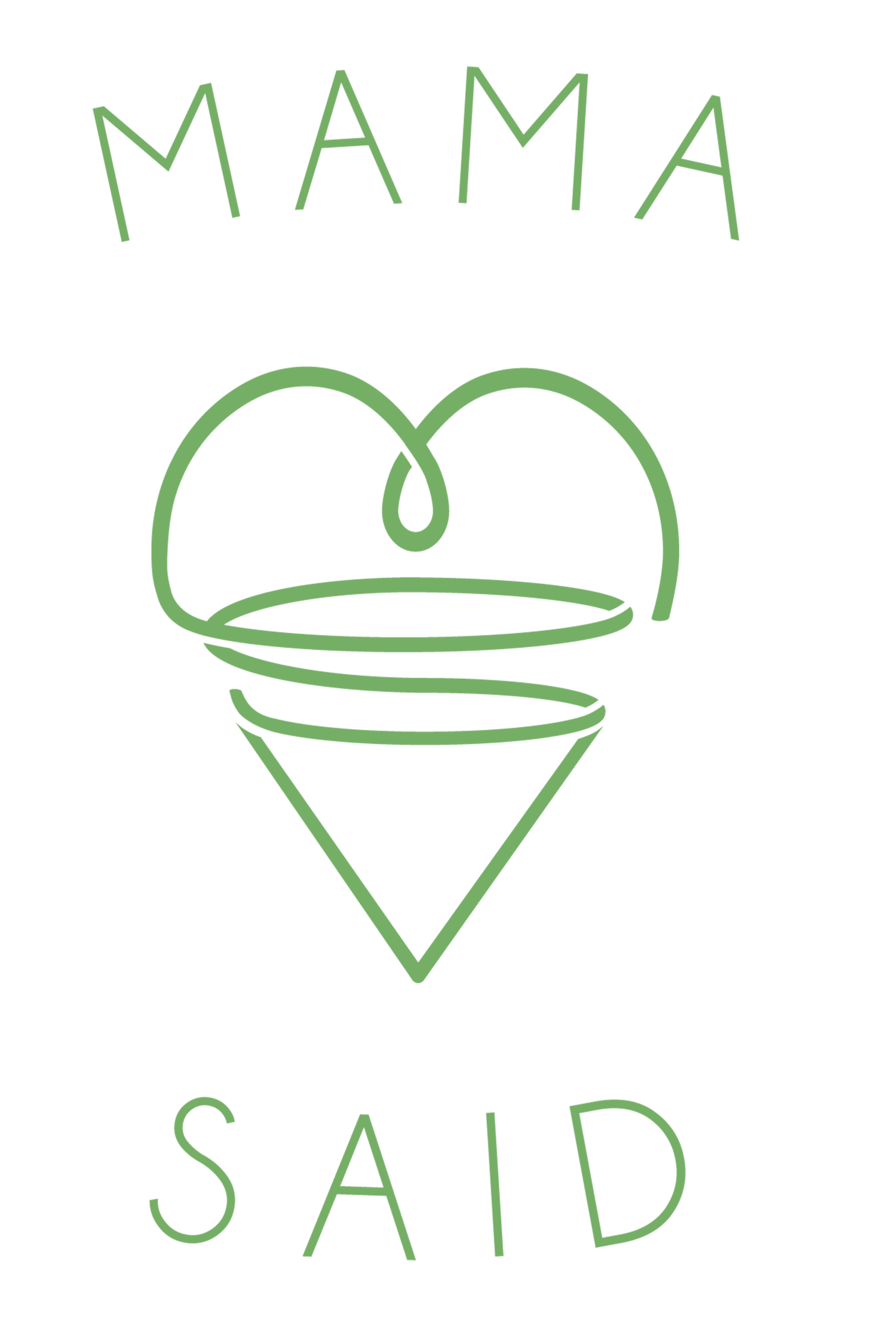Postpartum Rest: Historically, Globally and in America Today
/A History of Postpartum Rest in America
The book Lying In: A History of Childbirth in America, written by Richard and Dorothy Wertz, describes how the closing of the American frontier coincided with the end of a “lying in” period for new American mothers. The “lying in” period served as a time of postpartum rest for new moms, an offshoot of “social childbirth, with its volunteer woman-to-woman help.” Lee Mcclenon, a trained doula, notes that “birth used to be much more of a communal experience and women [in their twenties] would have witnessed many births and the childcare experience.” In an article written for thedailybeast.com, author Hillary Brenhouse qualifies that as private births became the new norm, “the “lie-in” wasn’t adapted or modified. And it certainly wasn’t replaced with anything.”
The end of a culturally accepted postpartum rest period was essentially became a refusal to acknowledge “that the woman needs relief more at this time than at any other—especially if she has a career to return to—and that it takes weeks, sometimes months, to properly heal from childbirth.” The absence of a postpartum period of rest has had far-reaching negative affects on American mothers today. Failing to provide American women with an adequate period of postpartum rest is failing to acknowledge “that overexertion after labor could lead to depression, infection, increased uterine bleeding, or prolapse.” In her article, Brenhouse also draws attention to the commonplace attitude of American mothers immediately following childbirth today, that “if they’re not up and functioning, they feel like there’s something wrong with them.”
Global Postpartum Traditions
Many countries and cultures still implement a period of postpartum rest for new mothers today. From the Latin American “cuarentena” to the Chinese tradition of “doing the month,” many cultures take advantage of a period of around 40 days where women rest, heal and abstain from activities that may prevent them from healing completely. According to an article written for slate.com, the Latin American “cuarentena” even has biblical roots (a passage in Leviticus requires a woman to have a 40-day purification period following childbirth), though today the practice “has been widely seen as a sign of motherhood's high status in Latin American countries.” The Chinese tradition of “doing a month” also has spiritual roots, as childbirth is traditionally seen as disruptive to the yin-yang balance in the body, which can be restored by eating specific foods in this postpartum period. Many cultures’ postpartum practices also focus on keeping mothers warm through food and drink, and also emotionally warm (by avoiding anger, for example), as described in an interview with Claudia Kolker, author of The Immigrant Advantage.
According to Brenhouse, other western nations require longer hospital stays, like in France, or regular postpartum visits from nurses, like in the Netherlands. While some of the rituals of different cultures’ postpartum periods are based more in tradition than in health benefits, Brenhouse notes in her article that the mere existence of a “culturally accepted postpartum period sends a powerful message that’s not being sent in this country.” Similarly, in the article written for slate.com by Rebecca Tuhus-Dubrow, “Americans who hear about the customs seem to be most envious of the support women receive.”
Postpartum Rest in America Today
While America no longer maintains a tradition of women taking a period of official postpartum rest, there are resources available to American women that can help make up for their deficit of postpartum support. Care providers including baby nurses, postpartum doulas, lactation consultants and sleep consultants can help educate new mothers and ease the everyday tasks of new motherhood that may be overwhelming, taking on roles similar to those of extended family in other cultures. And while many of these services still focus heavily on the well-being of the baby, certified postpartum doula, Lee Mcclenon, defines a postpartum doula as “primarily focused on the woman who just gave birth and looking out for her experience.” Mcclenon also notes, “We’re of a generation where a lot of women move away from their family and career-oriented women are jet-setting all over the county. Relying on a postpartum doula for some of the support that family may usually provide can be really beneficial.”
Mama Said believes in the importance of supporting mothers, especially in the postpartum period. Visit the Partner Providers page on our website to get connected with service providers for new and expecting mothers, including doulas, nurses, sleep and lactation consultants.



